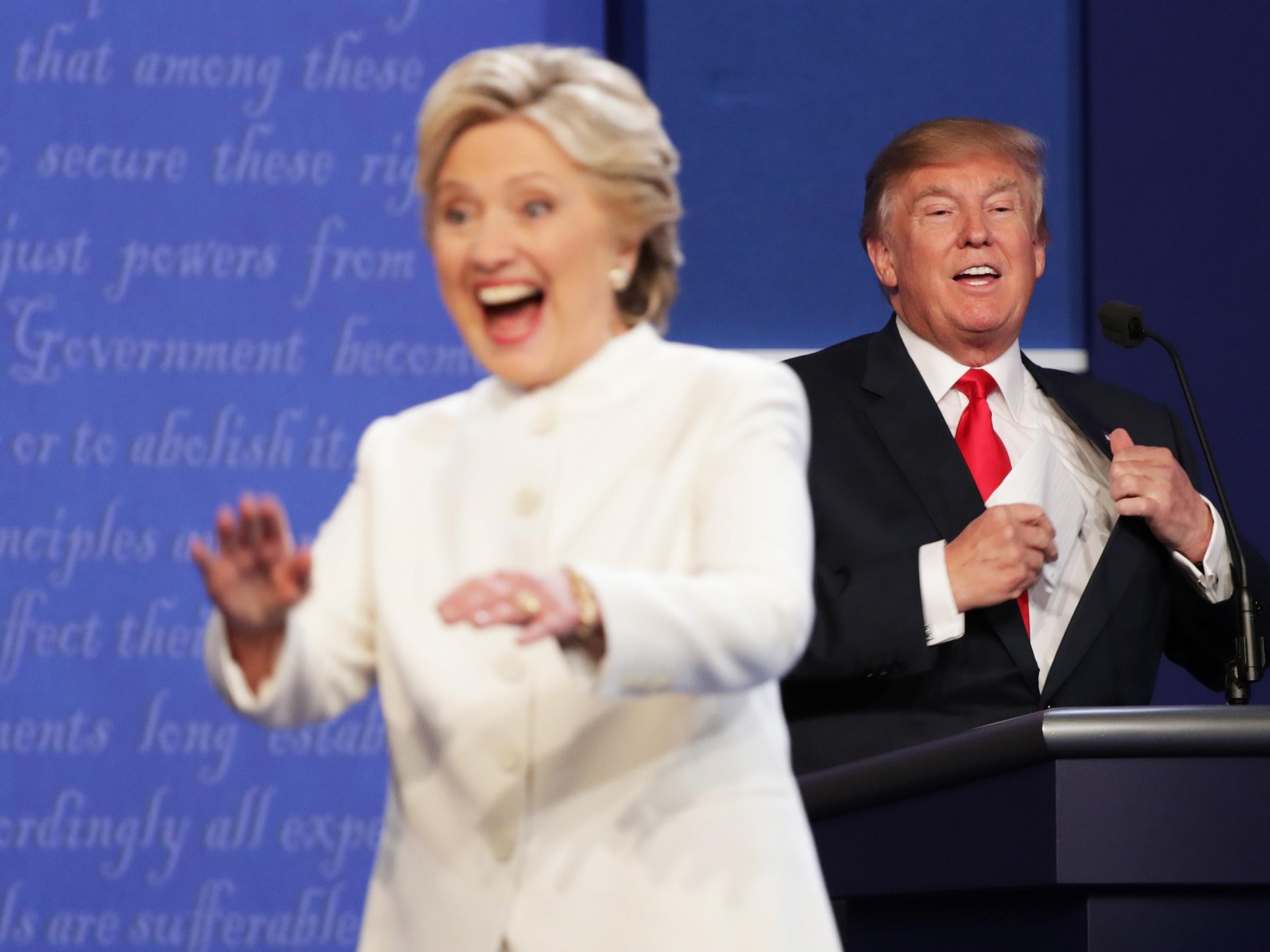AI system that correctly predicted last 3 US elections says Donald Trump will win
Sanjiv Rai said his findings suggest the Democrats should not get complacent

The New York businessman with a penchant for celebrity television may suddenly find himself in love with artificial intelligence developed in India.
The polls and simulations that involve the skills and insight of human beings suggest Donald Trump could be heading for something of a pasting. But an artificial intelligence (AI) system developed in Mumbai, and which correctly predicted the last three US presidential elections, puts the Republican nominee ahead of his rival Hillary Clinton in the battle to secure the keys to the White House.
MogIA was developed by Sanjiv Rai, the founder of Indian start-up Genic.ai. It has taken 20 million data points from public platforms such as Google, Facebook and Twitter and analysed the information to create predictions, CNBC reported.

The AI system was created in 2004 and has already correctly predicted the results of the Democrat and Republican primaries.
The channel said that data such as engagement with tweets or Facebook Live videos have been taken into account in the machine’s latest calculation. The result is that Mr Trump has overtaken the engagement numbers of Barack Obama’s peak in 2008, the year he was first elected, by 25 per cent.
“If Trump loses, it will defy the data trend for the first time in the last 12 years since internet engagement began in full earnest,” Mr Rai said.
Most national polls put Ms Clinton and the Democrats far ahead. An average of polls collated by RealClearPolitics gives Ms Clinton a 5.2 lead. Yet Mr Rai said his data showed the Democrats should not get complacent.
He admitted there were limitations to the data in that sentiment around social media posts is difficult for the system to analyse. Just because somebody engages with a tweet from the 70-year-old New York tycoon does not mean they will necessarily vote for him, CNBC said.
Ms Clinton herself warned against such complacency earlier this week when she held a rally in Florida. “Pay no attention to the polls,“ she said at a rally at Broward College in Coconut Creek. “Don't get complacent.”
Mr Rai said another consideration was that there were many more people on social media than there were in the three previous presidential elections.
“If you look at the primaries, in the primaries, there were immense amount of negative conversations that happen with regards to Trump,” he said.
Using social media to predict outcomes of elections has become increasingly popular because of the amount of data available publicly.
In September, Nick Beauchamp, a political scientist at Northeastern University, published a paper about his experiment applying AI to more than 100 million tweets in the 2012 election.
He found it closely mirrored the results seen in state-level polling.
Join our commenting forum
Join thought-provoking conversations, follow other Independent readers and see their replies
Comments
Bookmark popover
Removed from bookmarks